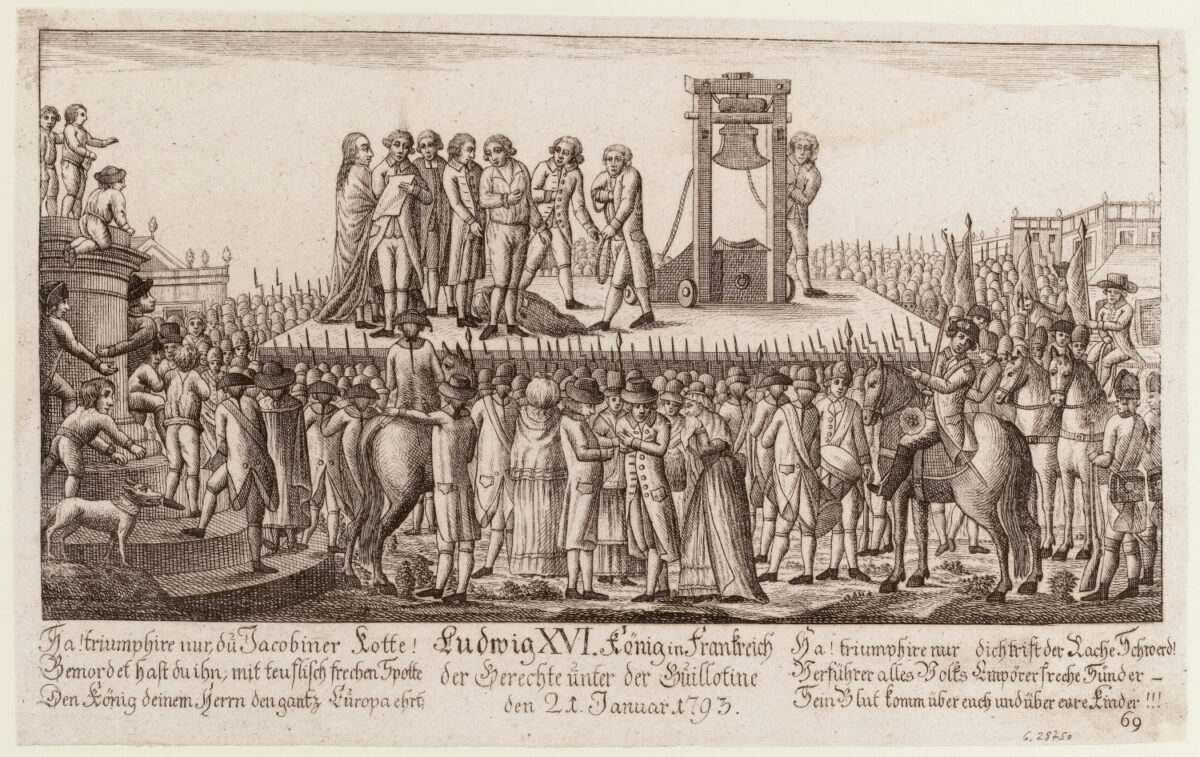One thing long-time readers of the blog will know about me is that I’m incapable of starting a book series at the beginning. Another thing about me is that I am really good at avoiding touchstone pieces of media. The films of Martin Scorsese? Never seen’em. Super Mario? Don’t know him. Discworld? Never read any. Until now.
For a long time, I low-key avoided Discworld, despite its popularity and the many charming accounts of it I heard, because I don’t generally care for overtly comedic novels and I didn’t want to be That Guy who hates something everybody else loves, especially not when Terry Pratchett genuinely seems to have been a lovely person. I’ve read and enjoyed other Pratchett books, like Nation and The Long Earth, but I was never strong enough to confront his opus series.
Well, no man can run forever. Trundling over to the P shelf of the library’s SFF section, I examined the many Discworld titles available. I sought a Death story, as they’re such prolific furnishers of touching quotes posted out of context on TVTropes, but instead I found Night Watch. I knew the name “Sam Vimes” and I knew that he was a city guard who had vaguely noir-inflected adventures. Surely that’s more than enough information to steer one through a light fantasy adventure!
Somewhere a Discworld fan is crying. Because what I didn’t know is that Night Watch is apparently considered 1) the climactic entry in the Sam Vimes saga; 2) the darkest and most serious Discworld story; and 3) perhaps the best Discworld story of all. I am literally addicted to causing myself problems.
Night Watch begins with Sam Vimes, head of the Ankh-Morpork City Guard, in a bit of a tizzy: his wife is about to give birth to their first child, his men are marking the anniversary of a tragic day in city history, and an evil murderer is loose on the streets. When Sam pursues that killer, Carcer, on a rooftop chase at the magic college, he and Carcer are struck by an unusual bolt of lightning which launches them decades into the past. Sam realizes he’s returned to a pivotal period in Ankh-Morpork’s history and in his life: the early days of his career as a guardsman, when Ankh-Morpork’s citizens came together in widespread revolt against the city’s loathsome leader and his secret police. Worse still, Sam’s dropped into the role of his old mentor, John Keel, who died/will die in the revolt along with a number of Sam’s compatriots. All Sam has to guide him is his foreknowledge of the revolt’s events, and as Keel he has a flock of bumbling young guardsmen, including his own teenage self, to protect.
So we begin with exciting tensions already at play: Sam needs to get home to his nascent family in the present, but he also needs to ensure his younger self’s survival, but if he allows events to play out as they once did, he and his friends/charges will die. So Sam-as-Keel tries his best to change the path of the revolt, protecting everyone.
Pratchett makes this book, despite all its fantastical and ironic trappings, a studied, thoughtful meditation on the relationship between politics and people. The revolt in Ankh-Morpork comes out of deprivation and frustration, years of unhappiness and struggle for the everyday people. These people become fearsome because they have been beat down, abused, and exploited, and they turn on their oppressors with whatever tools are at hand. But who are those oppressors? Does ACAB extend to Sam Vimes?
I’m still pondering this question. Night Watch came out in the early 2000s, and it was written by a white British guy, so I did not expect it to reflect contemporary American policing discourse or to possess a particularly edgy bent. Pratchett does not explicitly question the existence of police or public safety officers. Instead, he explores via Sam the nature of public safety itself and the purpose of “our protectors”. While incompetent or cruel officers order constant escalations of force, Sam pulls back whenever the people of Ankh-Morpork push, establishes points of solidarity between the inhabitants of his neighborhood and the members of his watch, and always deescalates. He works the crowd and he staunchly and publicly rejects the secret police’s violence. His watch house is the only one not burnt down by angry citizens. I don’t know that this absolves him of being a cop, but it models a different kind of officer, one who serves the people, not the state, as Vimes states explicitly when he explains the Ankh-Morpork watchmen’s oath to his guardsmen. Vimes and his watchmen are not so much in charge as they are attentive and responsive to the needs of the city.
Though Discworld is an intentionally campy and tropey sort of fantasy world, the view Night Watch provides on what politics, police, and people can accomplish is ruthlessly honest. Very few books I’ve read recently have said anything as true and as smart as when Pratchett observes “One of the hardest lessons of young Sam’s life had been finding out that the people in charge weren’t in charge. It had been finding out that governments were not, on the whole, staffed with people who had a grip, and that plans were what people made instead of thinking” (I don’t remember what page that was on, and this isn’t academic writing, so I don’t have to; you will have to read the book to discover it).
In the end, Sam is able to soften the body count of the revolt, saving many civilians, and he apprehends the villainous Carcer, dragging him back to the present to face justice. He preserves his own moral standing, rejecting Carcer’s attempts to bait him into extrajudicial violence. But Sam isn’t able to save any of the boys from his watch. Though he averts the riot which originally killed them, still the men who died before die again at the hands of Carcer’s accomplices. He can’t change the murderous course of history, but he ends the book with an unexpected sense of joy for the memory of his friends and the people they saved.
Is Night Watch a good book? Yes. Is it a *copaganda*? I dunno. Though the action occurs on Discworld’s flamboyantly fantastical stage, the struggle itself springs out of thoroughly-realized and realistic systems, the same ones which harry us through our real lives. Pratchett gazes on the denizens of his world with a clear-eyed maturity which allows for gentle ribbing at times, but also a deep respect. Following that mode, I find it more productive to see Sam not as a single good apple cop, but as a character who demonstrates the power each of us possess to avert the worst in times of crisis. Maintaining our composure, managing our immediate circumstances, and connecting with those around us isn’t enough to prevent every disaster and save every life. But we can alleviate the suffering and soften the extremity of the crisis. Sam can rest easy when he arrives home to the present because he did everything worth doing, as well as he was able. That’s the sort of hero we can and should all aspire to be, and that Pratchett left me with some unanswered questions at the end of the book is not a mark of any failing as a writer, but rather his willingness to engage with complex ideas and his faith in me to work my way through them. I’m holding that trust, and I’m offering it to you.


2 replies on “Night Watch: At Long Last, Discworld”
Memo Memo Memo Memo!
Memo Joe….Wake up!